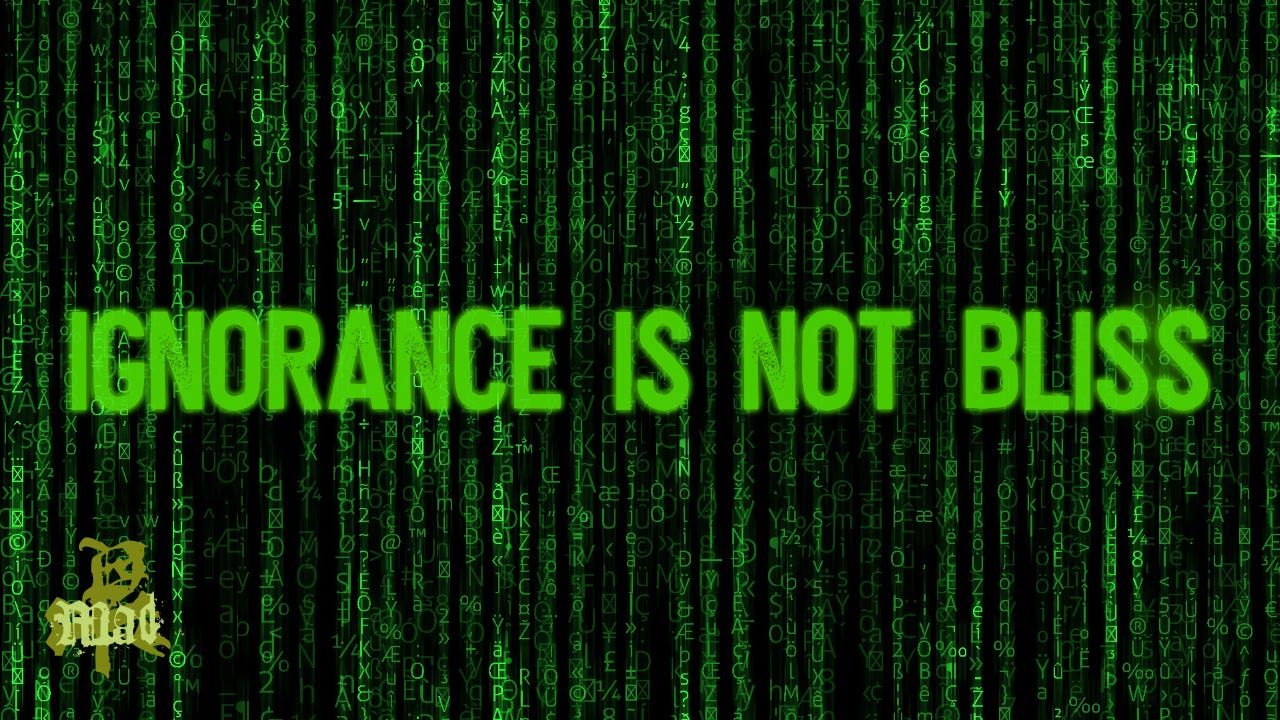The State of the Beast 2025:
Part III - Watchman at the Gate
Cardinal Robert Sarah
and the Battle for the the Tru Catholic Throne
By
I. The Contender: A Voice from the Margins
In the wake of Pope Francis’s death, the College of Cardinals stands at a crossroads. Among the leading candidates to succeed him is Cardinal Robert Sarah, a figure whose life and ministry have been marked by a steadfast commitment to traditional Catholic doctrine, including and specifically the celibacy of priests, and the pursuit spiritual depth and gravitas in the office.
Born on June 15, 1945, in Ourous, French Guinea, Sarah was raised in a devout Christian family that had converted from animism. His early education took him from local seminaries in Guinea to advanced theological studies at the Pontifical Gregorian University in Rome and the Studium Biblicum Franciscanum in Jerusalem. Ordained a priest in 1969, he quickly rose through the ecclesiastical ranks, becoming the youngest bishop in the world at age 34 when appointed Archbishop of Conakry in 1979. His tenure in Guinea was marked by a courageous stand against the oppressive regime of President Ahmed Sékou Touré, advocating for human rights and religious freedom.
II. A Pillar: Defender of Tradition
Cardinal Sarah’s ecclesiastical career has been characterized by a resolute defense of traditional Catholic teachings. As Prefect of the Congregation for Divine Worship and the Discipline of the Sacraments from 2014 to 2021, he emphasized the importance of reverent liturgy and the sacredness of the Eucharist. He has been a vocal critic of what he perceives as the moral and spiritual decline in Western societies, attributing this to a departure from foundational Christian values.
In his writings, particularly in The Day Is Now Far Spent, Sarah articulates a vision of the Church that is unyielding in its commitment to truth. He writes:
“Forgive me if some of my words shock you. I do not want to put you to sleep with soothing, lying talk. I seek neither success nor popularity. This is the cry of my soul! It is a cry of love for God and for my brethren.”
III. The Prospect: A Beacon of Orthodoxy
As the conclave approaches, Cardinal Sarah emerges as a candidate who embodies a return to doctrinal clarity and spiritual fervor. His potential election would signify a reaffirmation of traditional Catholic values and a resistance to the secularizing trends that have influenced parts of the Church in recent decades.
However, his candidacy is not without challenges. At 79, he is nearing the age limit for papal election, and his conservative stances may polarize some within the Church hierarchy. Nonetheless, for many faithful, he represents a shepherd willing to lead with conviction and humility.
IV. Jonah at Ninevah’s Gate
Not exactly. That would be if they elect Jordan Cooper. Meanwhile, while we all may dream, this is a time of uncertainty and transition. Cardinal Robert Sarah stands at the lead of the populism race, a sentinel of orthodoxy, a Tishbite to his Church, a conviction that what has gone wrong at this point is more than just the almagamation of original sin among an enlightened people.
We must repent, and precisely of that modern inanity and love of money that schismed us all in the first place. As the leading bank in Jesus Christ’s Church “elects” its next leader, the question remains: who remembers that every Word of God is pure? Who holds to the traditions as Paul actually delivered them with his words? Who follows the man who firstspoke the Red Letters?
This concludes Part III of the “State of the Beast” series, and leaves us where we are. I will likely return to the topic in the coming seasons.





